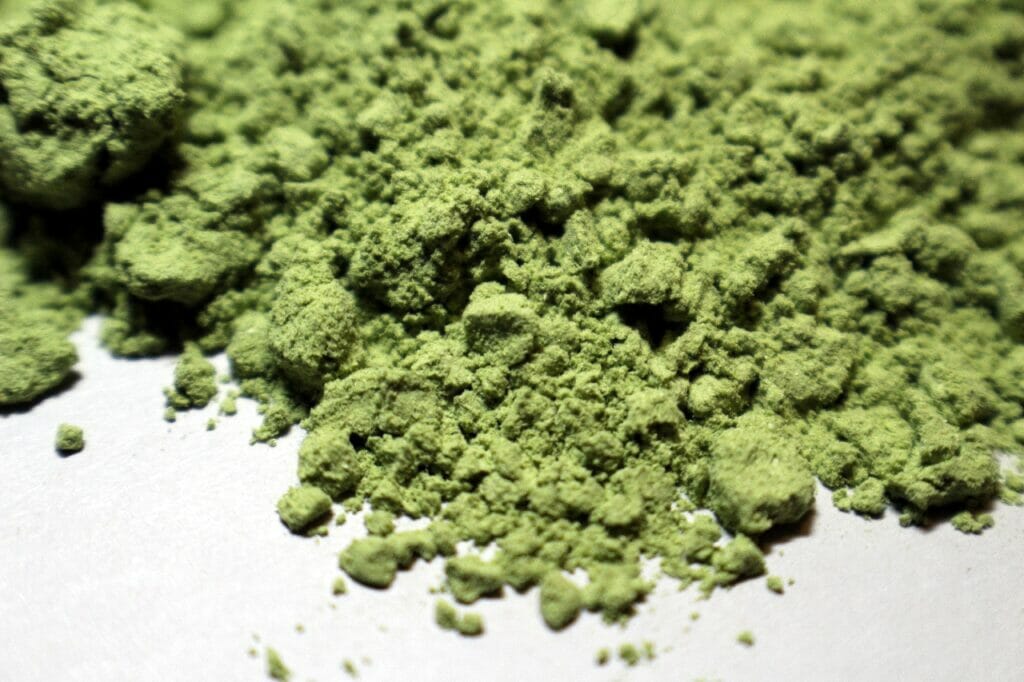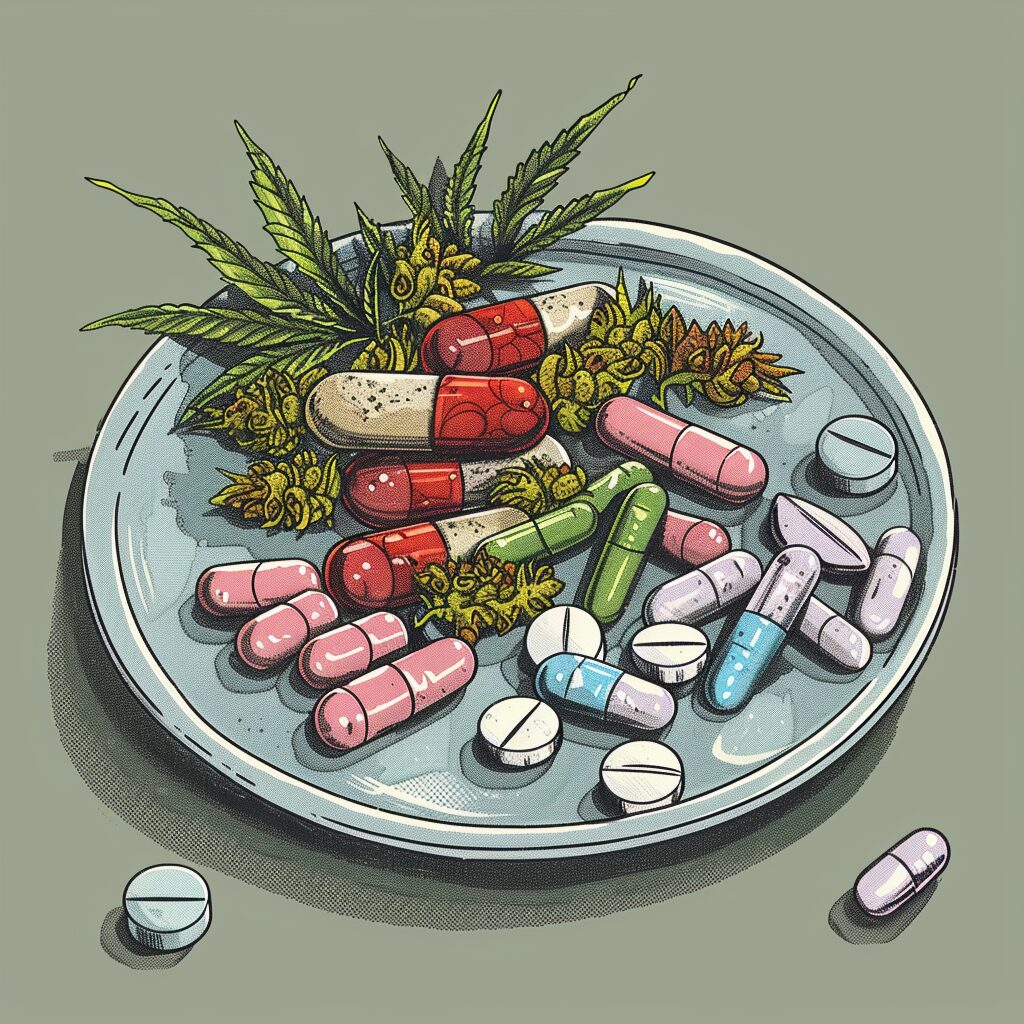Key takeaways:
- Kratom is a tropical tree native to Southeast Asia with psychoactive compounds in its leaves.
- It has been used for traditional medicine and recreation, acting as a stimulant in low doses and a sedative in high doses.
- Kratom is available in various forms, and its popularity has increased in the US as a remedy for pain, anxiety, and opioid withdrawal.
- The FDA has issued warnings about kratom due to the potential risks of abuse and addiction.
- Kratom addiction can occur with prolonged, excessive use, leading to dependence.
- Symptoms of kratom addiction may include craving, using more than intended, inability to reduce use, and neglecting responsibilities for kratom use.
- Treatment for kratom addiction may involve medical and psychological support, including medications, behavioral therapy, support groups, and rehabilitation programs from Lantana.
- Quitting kratom can be challenging and may cause withdrawal symptoms; seeking professional help is crucial for a safe and successful recovery
“Kratom” (botanically known as Mitragyna speciosa Korth) is a tropical tree native to Southeast Asia, with leaves that contain compounds that can have psychoactive effects. Kratom has been used for centuries in traditional medicine and as a recreational drug. In low doses, it can act as a stimulant, and in high doses, it can have sedative effects.
Kratom is available in various forms, including powder, capsules, and extracts, and it’s commonly used in capsules or powder to be ingested or brewed as tea. In recent years, kratom has gained popularity in the United States as a natural remedy for a variety of conditions, including pain, anxiety, and opioid withdrawal. However, the Food and Drug Administration (FDA) has issued warnings about the risks associated with using kratom, including the potential for abuse and addiction.
Kratom addiction can occur when a person consumes large amounts of the drug over an extended period of time. As with any substance, the more a person uses kratom, the more their body becomes accustomed to it, and the more they may need to achieve the same effects. This can lead to dependence, where a person feels they need to use the drug in order to function normally. Basically, kratom for pain management might appear to be more problematic for addiction development.

Symptoms of Kratom Addiction
“Kratom’s risks are largely unknown, and the market is poorly regulated” (A Case of Severe Kratom Addiction Contributing to a Suicide Attempt, Settle & Yang, 2022.) Symptoms of kratom addiction may include:
- Craving kratom
- Taking larger amounts of kratom than intended
- Unable to reduce or stop kratom use despite negative consequences
- Continuing to use kratom despite physical or psychological problems caused or exacerbated by its use
- Spending a significant amount of time obtaining, using, or recovering from kratom use
- Neglecting important activities or responsibilities in favor of kratom use
If you or someone you know is struggling with kratom addiction, it’s important to seek help from Lantana as soon as possible. Kratom addiction can be treated with a combination of medical and psychological support.
Treatment for Kratom Addiction
Treatment for kratom addiction may include:
Medications
There are no specific medications approved for the treatment of kratom addiction, but some medications may be used to manage withdrawal symptoms and help with the recovery process.
Behavioral Therapy
This can help individuals understand and change the behaviors that contribute to their kratom addiction. Therapy can take place in individual or group settings and may include approaches such as cognitive-behavioral therapy (CBT) or contingency management.
Support Groups
Support groups can provide a sense of community and accountability, and can be an important part of the recovery process.
Rehabilitation Programs
Inpatient or outpatient rehabilitation programs from Lantanacan provide structured support and treatment for kratom addiction. These programs typically include counseling, therapy, and support from a team of professionals like ours.
Bottom Line
It’s important to note that quitting kratom can be difficult and may involve withdrawal symptoms such as muscle aches, irritability, and difficulty sleeping. It’s essential to seek professional help to ensure a safe and successful recovery.
If you or someone you know is struggling with kratom addiction, don’t hesitate to reach out to us for help. There are resources available to support you on your journey to recovery.









